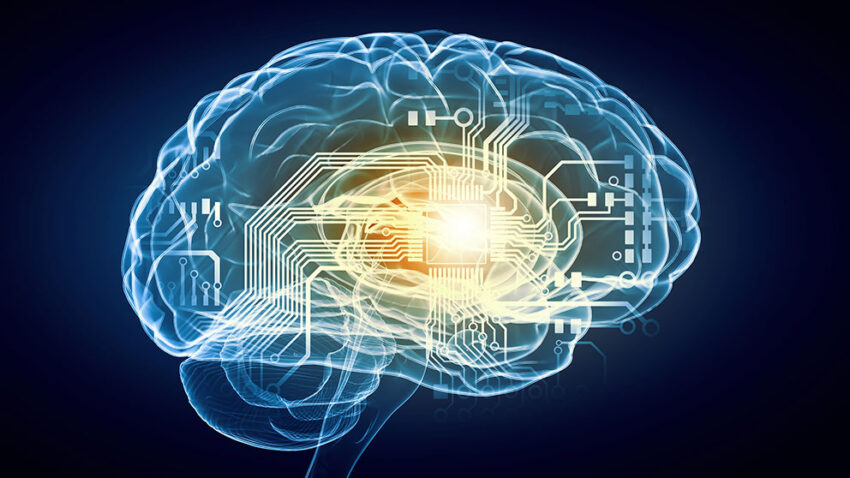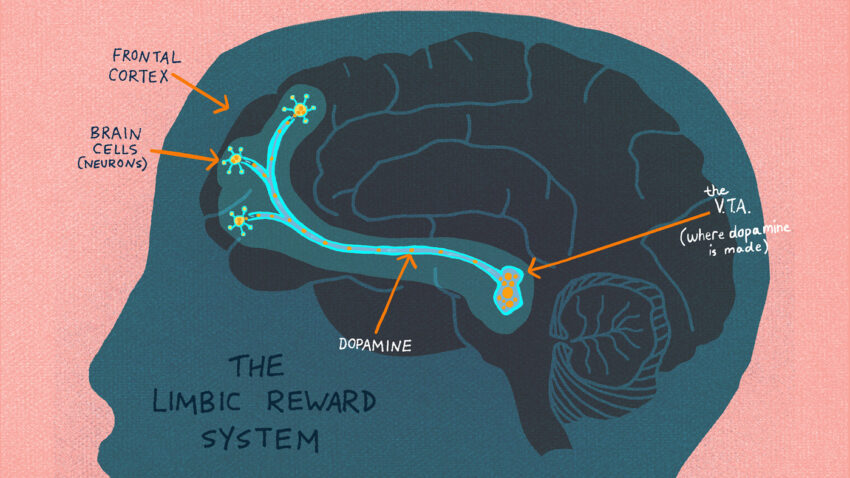The opioid crisis has been one of the worst public health emergencies. Opioid addiction can lead to many complications, including mood disorders, cognitive impairment, and even death.
However, with advancements in science and technology, we are beginning to understand the neurobiology behind opioid addiction. With this knowledge, we can develop effective treatments with our natural biology to help people overcome their addictions and live happier, healthier lives.
This blog post will explore how opioids affect your brain and how we can use that information to develop therapies to combat opioid addiction.
The Opioid Epidemic and Its Impact on Society

The opioid epidemic is one of our country’s most pressing issues today. According to the National Institute on Drug Abuse, more than 130 people die daily in the United States from opioid overdose. This crisis affects not only those addicted but also their families, friends, and communities.
As addiction rates rise, so too do crime and healthcare costs. The economic burden of this epidemic is significant: estimates of up to $78.5 billion in healthcare, criminal justice, and lost productivity costs have been made by experts in the field. The opioid crisis is a complex problem that requires a multifaceted solution involving education, prevention, treatment, and policy changes.
Education: Parents need to know how to recognize signs of addiction in their children so they can get them to help early on before it becomes a serious problem for everyone involved. Educating young people about the risks of substance use can help prevent them from trying drugs or alcohol at an early age when many begin experimenting with substances as part of adolescent experimentation, from which many teens suffer long-term consequences even if they stop using after just one use; this is why education about these dangers needs to start early, so kids learn about them before their brains are fully developed.
Prevention: efforts must also be prioritized, particularly for vulnerable populations such as adolescents and individuals with a history of substance abuse. This includes implementing evidence-based prevention programs, increasing access to non-opioid pain management options, and ensuring that individuals can access safe and affordable healthcare.
Treatment: Effective treatment options, including medication-assisted treatment and counseling, should be widely available and affordable.
Policy changes: expanding access to naloxone, increasing pharmaceutical industry regulation, and reforming drug sentencing laws are necessary to address the systemic factors contributing to the opioid crisis.
The Science Behind Addiction and How It Affects the Brain

Addiction is a complex condition that affects millions of people worldwide. It is a chronic disease that alters the brain’s structure and function, leading to compulsive drug-seeking behavior, despite negative consequences.
It all starts with the brain’s reward circuitry, which motivates us to seek pleasurable experiences, such as food, sex, and drugs. When we engage in rewarding activities, such as taking drugs, the brain releases dopamine, a neurotransmitter that signals pleasure and reinforces the behavior.
Over time, repeated drug use can change the brain’s reward circuitry, leading to tolerance, dependence, and addiction. Addiction can also affect other areas of the brain responsible for decision-making, impulse control, and memory, leading to cognitive deficits and behavioral changes.
Understanding the neurobiology of addiction is critical to developing effective prevention and treatment strategies. Advances in neuroscience have led to new approaches, such as cognitive-behavioral therapy and medication-assisted treatment, that can help individuals overcome addiction and reclaim their lives.
The Role of Opioid Treatment Programs in Addressing Addiction

Recovery from opioid addiction is a long, difficult journey. But it’s also possible, and it’s worth it! Opioid treatment programs (OTPs) can help you get there by providing a safe place to stabilize your life and focus on healing.
OTPs are critical components of addressing addiction, particularly in the context of the opioid epidemic. These programs provide medication-assisted treatment, which is a combination of medication and behavioral therapy, to individuals struggling with opioid addiction. The medications used in OTPs, such as methadone and buprenorphine, are long-acting opioids that help to alleviate withdrawal symptoms and cravings without producing the euphoria associated with other opioids. This allows individuals to stabilize their lives, engage in therapy, and work towards recovery.
Opioid treatment programs provide the medical and mental health care you need to get clean and stay that way. They offer individual and group counseling, medical and psychiatric care, and support services that address social and environmental factors that may contribute to addiction.
These programs effectively reduce opioid use, overdose deaths, and criminal activity, improving health outcomes and quality of life for individuals in recovery—and they do all this while saving money!
So why aren’t more people getting help? One of the biggest barriers to access is stigma. Many people don’t want to admit they need help or worry about being judged by others. Another big barrier is insurance coverage: even though OTPs save money over time because they keep people out of emergency rooms and jails, many insurance companies still need to cover them because they’re relatively new.
Conclusion

The opioid epidemic is a complex problem that requires a comprehensive solution. Understanding the neurobiology of addiction is essential to developing effective prevention and treatment strategies. Advances in neuroscience have led to new approaches, such as medication-assisted treatment, that can help individuals overcome addiction and reclaim their lives.
Confidant Health is a company that provides evidence-based medication-assisted treatment to individuals struggling with opioid addiction. Their innovative digital platform allows patients to access care remotely, reducing barriers to treatment and increasing access for those in need.
By partnering with healthcare providers, policymakers, and community organizations, Confidant Health is working to address the opioid epidemic and improve outcomes for individuals in recovery. With a multifaceted approach that prioritizes education, prevention, treatment, and policy changes, we can work together to overcome the opioid epidemic and support individuals on their journey to recovery.

